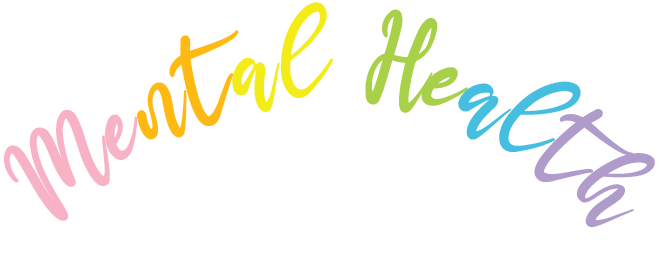This is Your Brain on Depression
Book by: Dr. Faith G. Harper
Reviewed by: Kiana Blake-Chung
From her author website: “Doctor Faith G. Harper, LPC-S, ACS, ACN is a licensed professional counselor, board supervisor, certified sexologist, and applied clinical nutritionist with a private practice and consulting business in San Antonio, TX. She is the Wall Street Journal bestselling author of the book Unf*ck Your Brain and many other popular zines and books on subjects such as anxiety, depression, boundaries and grief.”
Apparently this is classified as a zine and not a book, on account of it being so short. But on account of it being so short, it is the perfect quick read for people who are going through it and may not have the time or attention span to read an entire self-help book. This book packs in all the essential information about what depression is and how to help keep it at bay from taking over your life completely.
The book contains four chapters that explain what depression is, what triggers it, and the different types of depression. In the first section, Dr. Harper defines depression as “a biochemical learned helplessness to stress.” She personally defines it as “a clinical case of the fuck-its.” She explains the basic biology of the brain and how it functions in relation to depression and she discusses the role of neurotransmitters such as serotonin and dopamine, as well as the effect of stress hormones such as cortisol.
Dr. Harper also explains how changes in brain structure as well as environmental triggers can contribute to depression. The psychological aspects of depression, such as negative thought patterns and the impact of past trauma on current mental health are also themes she discusses. One thing that is mentioned but not discussed too much in the book are the social/ environmental causes of depression and how having a marginalized identity or being part of a lower socio-economic class can contribute to depression. (If anything gives me an express train to Depressionville, it is a depleted bank account!) Suicide is also not extensively mentioned in this zine, if that is a comorbidity to your depression. But don’t worry because she has another zine called How To Not Kill Yourself!
One of the things I like best about this book is her visualization of depression as a funnel. It is very true to my experience that depression can suck you down and that the symptoms of depression manifesting only make it worse! In fact, because it is a vortex, doing the things that will help you to not be depressed, fall to the wayside because it requires effort you do not have. And when all these things combine it leads to a major depressive episode that feels impossible to resurface from.
The Depression funnel as conceptualized by Dr. Faith G. Harper
But there is hope! In the fifth chapter of the book, Dr. Harper discusses the value of self-care and provides helpful recommendations for dealing with depressive symptoms. (Things like exercise and getting good sleep, which are true, and work! but sound so cliche, which she acknowledges.) She gives examples of distorted thinking and shares helpful tips to challenge those thoughts. She also goes into detail about the different types of medications, and what they do, so if you are ready to have that discussion with a provider, I think this book is a helpful tool toward the stepping stone of finding the right meds for you!
Throughout, one of the highlights is the way Dr. Harper explains difficult scientific concepts in a clear and understandable manner. Her writing is entertaining and conversational, and she makes use of analogies and real-life situations to help readers understand complex ideas. In short, this book is like having a conversation with your really cool therapist who you secretly wish was your friend instead.



